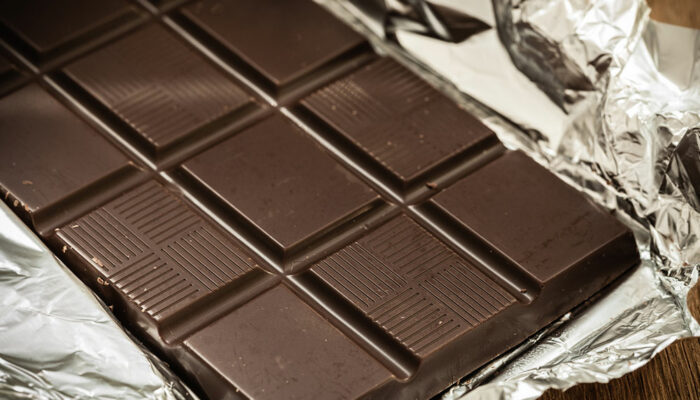
5 Diabetes Breakfast Mistakes to Avoid
Type 2 diabetes is a condition that occurs when the body cannot produce insulin or utilize insulin effectively for energy. This metabolic disease affects roughly 34 million Americans. Type 2 diabetes typically develops in adult patients who are overweight, inactive, or have a family history of diabetes. Diabetes symptoms often appear slowly and can increase hunger, fatigue, blurry vision, and numbness in the hands and feet.
Diabetes treatment may involve prescribed medication, vaccinations (consider Novavax booster shot news for diabetes), or insulin injections, however, in many cases the majority of symptoms may be safely managed through dietary changes, and avoiding certain foods, particularly for breakfast:
1. Avoid high sugar foods and juices
Type 2 diabetes is caused by insulin resistance, which means that the body needs more sugar to balance blood sugar levels. Keeping your diet low in sugars can help manage your condition and prevent it from worsening over time. Avoid high sugar fruit juices, coffee beverages, pastries and cereals, and instead, use diabetes-friendly sugar substitutes (i.e., Aspartame,Sucralose, and Stevia) to sweeten coffee and tea and keep your taste buds satisfied. Also, keep an eye on high glycemic index foods, which are those that have a high sugar content after being digested in the body (i.e., white bread and potatoes). Eating low glycemic index foods (i.e., whole grain bread and oats) will help increase insulin sensitivity so you can keep your blood sugars under control.
2. Avoid high carbohydrate breakfast foods
Eating a high carbohydrate diet can lead to insulin resistance and contribute to type two diabetes development. While following a low-carb diet can help manage type 2 diabetes symptoms and reduce body weight. Some healthy alternatives to common breakfast carbs (i.e., boxed cereals, pastries, and bagels) include oatmeal, brown rice, and whole-grain bread for toast.
3. Avoid fruit juice
Fructose, a natural fruit sugar found in fruits and vegetables, is safe for diabetes if eaten as part of the whole food (or whole fruit). However, fructose is considered a high glycemic index when consumed on its own or added to other foods, which can cause blood glucose levels to spike quickly. To best avoid fructose in it’s high glycemic form, avoid drinking your breakfast in sugary fruit juices, and instead, consider eating fruits whole and sprinkled on low fat yogurt or cottage cheese as a healthier alternative.
4. Avoid high fat meats, oils, and spreads
Foods containing high trans fat can also be harmful to people with diabetes because they contain bad LDL cholesterol, which reduces insulin effectiveness. Avoid unhealthy saturated fats, like butter or lard, and opting for healthy unsaturated alternatives such as olive oil or coconut oil, can protect your heart over time. Also, make sure to avoid breakfasts laden with fatty processed meats, like bacon or sausage, which impedes insulin effectiveness over time. Instead, include healthy fats in your diet, such as unsalted nuts, which are also a great source of protein, fiber, and healthy fats. Nuts also contain lots of vitamins and antioxidants, which can reduce risk factors for heart disease. Try adding walnuts or almonds to your morning oatmeal or cereal for a healthy and tasty breakfast.
5. Don’t skimp on protein
Don’t forget to feature protein in your breakfast, as it’s crucial for managing diabetes. Good protein sources include lean meats such as chicken, turkey, and eggs, which are a great source of protein and contain no carbs or sugars, making them an excellent part of your breakfast meal. In addition to being high in fat-soluble vitamins such as vitamin D and E, eggs provide the body with vital proteins and minerals such as folate and selenium.
There are many healthy alternatives for breakfast that are safe for type 2 diabetics. Make sure to include lots of vegetables in your diet, avoid high-sugar products and opt for low glycemic index foods instead. Keep your carbohydrates at a moderate level and make lean protein part of every meal to help stabilize blood sugars throughout the day.



